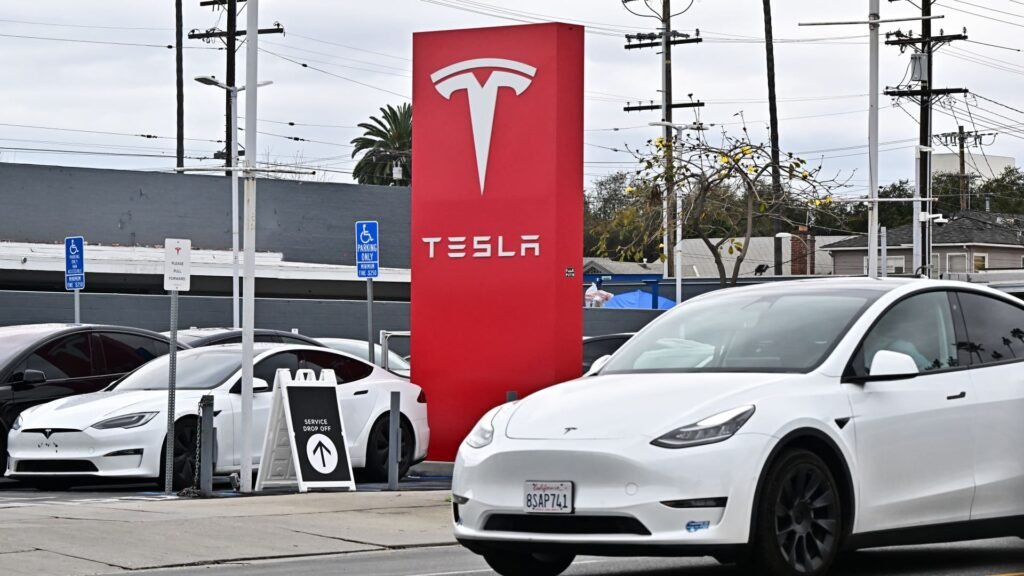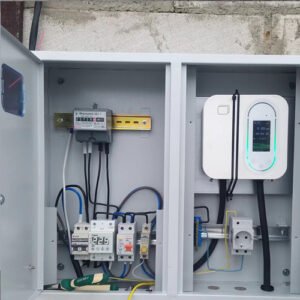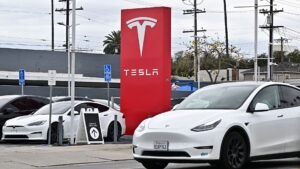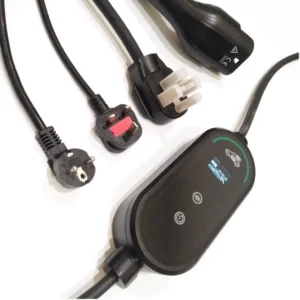What is EAP
Tesla’s range estimates are primarily based on the EPA (Environmental Protection Agency) testing cycle in the U.S., which simulates mixed driving conditions. For Tesla owners, understanding EAP is key to planning for battery longevity and consistent range performance over time.
The full range of different Tesla model
Model S
The Model S stands out in the lineup, offering up to 660km(EAP) of range on a full charge in the Long Range variant. Advanced features such as Autopilot and a spacious interior add to its appeal for luxury car enthusiasts.
Model 3 Long Range RWD
The Model 3 Long Range delivers an estimated 584km(EAP) per charge, combining affordability and efficiency. Model 3 equipped with the latest generation Performance drive unit, enabling more than 500 horsepower and 0 to 60 mph in as little as 2.9 seconds.
Model Y
The Model Y Performance, with an estimated range of 526km(EAP), is a compact SUV ideal for families and adventurers. The model combines sporty styling with high performance, making it an ideal choice for those looking for a car with an excellent range and speed.
Model X Plaid
Tesla’s luxury SUV, the Model X Plaid, provides up to 505km(EAP) of range.
With the most power and quickest acceleration of any SUV, Model X Plaid is the highest performing SUV ever built. Updated battery architecture enables both Long Range and Plaid configurations to complete back-to-back track runs without performance degradation.
Cybertruck
Cypertruck, a revolutionary electric truck built for adventure and comfort with a durable, unique exterior and spacious interior. With its 123kwh big battery, Cybertruck provides up to 582km of range.
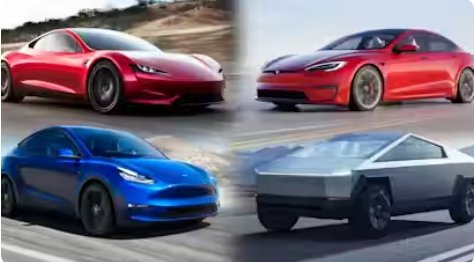
How does Tesla’s range compare to other electric vehicles?
Tesla’s range is competitive with other electric cars on the market, with some models offering longer ranges than others. The average range of electric cars is increasing with new battery technology, with drivers expecting an average of 400km on a single charge. Tesla has a long-range model that can go for about 660km on a single charge.
Here are the ranges of other mainstream electric cars are:
Ford Mustang Mach-E: Up to 483 km.
Lucid Air: 832 km (industry leader, but priced higher).
Hyundai Ioniq 6: 614 km.
Tesla’s advantage extends beyond hardware; its proprietary software optimizes energy use by integrating variables like traffic speed, elevation, and HVAC consumption.
Factors That Affect Tesla’s Range
Several factors affect the range of your Tesla vehicle, and understanding them can help you optimize the performance of your electric vehicle. Key factors include:
Environmental Conditions: Cold temperatures reduce lithium-ion battery efficiency by up to 30% due to increased electrolyte viscosity.
Driving Behavior: High speeds (e.g., 120 km/h) increase energy consumption by 20%.
Vehicle Load: Additional weight and roof racks elevate rolling resistance.
Climate Control: Heating in winter consumes ~27 kWh/100 km versus 15 kWh/100 km in mild weather.
Terrain: Mountainous routes or steep gradients demand higher battery output.
Battery age: Over time, battery capacity slowly decreases. Tesla claims its batteries degrade by only 12% after 200,000 miles on average, while under optimal conditions, degradation can be as low as 10% after 160,000 miles.
Tire condition: Underinflated or worn tires reduce range.
How to Maximize Tesla Range
Owners can optimize range through:
Optimize Driving Style: Drive smoothly and avoid rapid starts or stops
Preheat in cold weather: Warming the battery while plugged in improves cold-weather efficiency.
Efficient Driving: Using “Chill Mode” and regenerative braking reduces acceleration-related energy waste.
Tire Maintenance: Proper inflation (integrated into Tesla’s range algorithms) minimizes rolling resistance.
Route Planning: Tesla’s navigation system suggests charging stops and accounts for elevation changes.
How Long Does it Take to Charge Your Tesla Car?
The charging time varies based on battery size, current charge level, and charger power.
Supercharger : 500 kW stations can replenish 320 km in 15 minutes.
Home Charging: A 240V outlet requires ~10 hours for a full charge.
Public Chargers: J1772 or CCS adapters offer slower speeds (~8 hours).
Tesla’s 4680 batteries enable faster charging; for example, a Texas-made Model Y can reach 97% in 52 minutes.
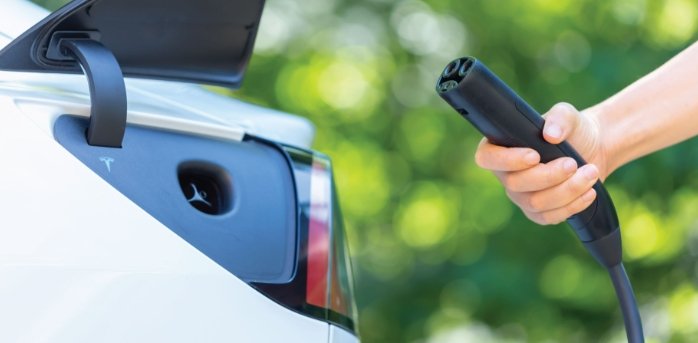
Tesla’s Charging Infrastructure: A Global Network
With more than 60,000 Superchargers, Tesla owns and operates the world’s largest fast-charging network. The network is primarily deployed in three regions: Asia Pacific (more than 2,800 charging stations), North America (more than 2,800), and Europe (more than 1,300). Tesla typically places Superchargers near major highways, which offer drivers amenities such as restrooms, restaurants, and shopping centers.
Some charging stations are also equipped with solar canopies and Megapack battery packs installed by Tesla Energy to offset energy use and provide drivers with weather protection. In order to increase sales, Tesla will occasionally provide free supercharging that’s mean Tesla owners can charge at Supercharger sites owned by Tesla at no cost.
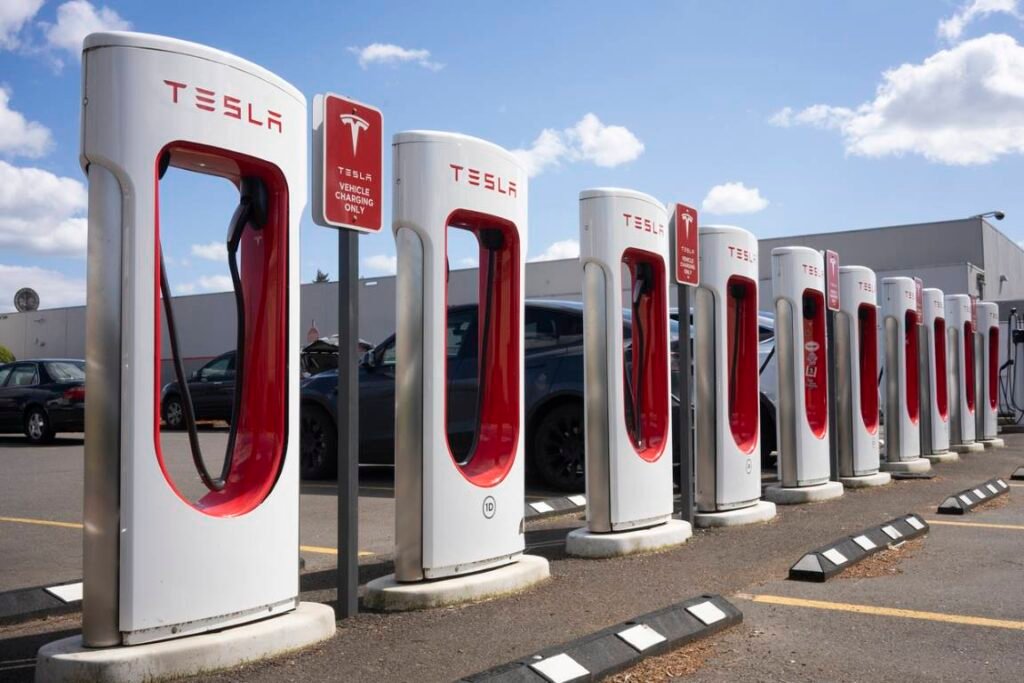
Conclusion
So, how far can a Tesla go on a full charge? The answer depends on model, battery technology, and external conditions- but but in general, Tesla vehicles offer between 505km(EAP) to 660km(EAP)of range. At the same time, the actual range depends on your driving habits, environmental conditions, vehicle loads, etc.
Will you consider Tesla as your next car?

